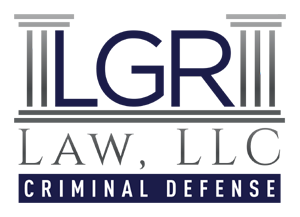Under federal law, child pornography is defined as possessing any visual depiction of sexually explicit conduct involving a minor (someone under 18 years of age). Visual depictions can include photographs, videos, and digital or computer-generated images (but not images of a virtual child – in other words, the image must be of a real person). There are various gradations of the child pornography law that affect potential punishments depending on whether the images were possessed, or whether they were received or distributed.
Federal law prohibits the production, distribution, reception, and possession of an image of child pornography using or affecting any means or facility of interstate or foreign commerce (18 U.S.C. § 2251; 18 U.S.C. § 2252; 18 U.S.C. § 2252A). The law also criminalizes anyone who conspires with another to undertake any of these actions. Moreover, Section 2251 criminalizes conduct intended to entice, persuade, induce or coerce a minor to engage in sexually explicit conduct for purposes of producing visual depictions of that conduct.
Federal jurisdiction requires a nexus that the child pornography offense had with interstate or foreign commerce. This can includes using the mails, internet etc.
Many federal sting operations are carried out by federal agents (mostly the FBI) posing as minors and interacting with people on the internet. In other situations, the FBI have individuals exchange images of child pornography with them. These exchanges can occur in chat rooms, or on various websites.
Importantly, in many jurisdictions file sharing in and of itself can constitute a basis for a child pornography charge. When have files downloaded unto your computer, and other people can access files from you, you can be charged with possession and distribution of child pornography. There are mandatory minimum penalties (five years in most cases) for distribution and receipt, as opposed to no mandatory minimum penalty for possession.
Most states have their own child pornography statutes as well.
If you are charged or threatened with federal child pornography charges, you need a federal criminal defense attorney. To discuss the federal criminal defense update or criminal law more generally, reach out to New Jersey and New York criminal defense lawyer Lorraine Gauli-Rufo at 973-239-4300 or LGR LAW for a consultation today. For more information about the firm, please visit LGR LAW’s website.


0 Comments